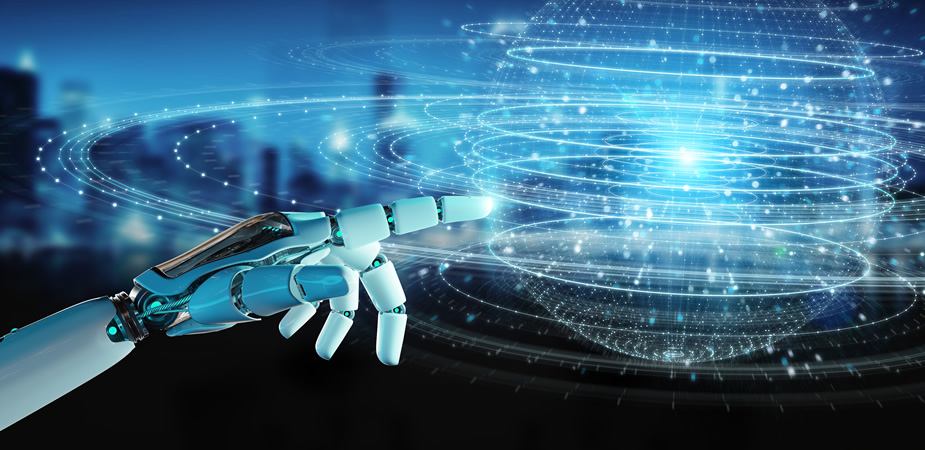自主系統與機械人

自主系統與機械人體現了跨領域工程學研究可以走得多遠,因為當中橫跨眾多範圍,包括機械工程學、資訊工程學,甚至是生物工程學,還有計算機機學、人工智能、納米技術等等。
工程學擴闊了機械人和自動化的應用,特別是幫助那些能大大受惠於準確度提升的任務。隨著機械人面世,不僅一些曾經被認為人類無法完成的任務已變成能夠實現,而且引發的風險較低,還保證精確度提高。機械人在拯救行動的貢獻尤其顯著,例如是由水底機械人、送藥微型人和機械臂輔助手術等由其協助完成任務。
工學院致力透過創新的研究提升機械人功能。為微調人與計算機之間的互動,我們投入研究虛擬實景、擴增實景,以及人類與電腦之間的互動如何改善學習與教育等。另一方面,工學院的研究也涵蓋先進生產和自主系統,以及機械人硬件和研究設計,務求擴展機械人在促進工業工作上的角色。工學院另一項重大研究方向關乎自動控制的概念,涉及與現代工具息息相關的科學與技術,例如是無人機等無人駕駛交通工具。
我們終極再標是推動和駕馭機械人發展,開拓尚未有人踏足的領域,並把自動化提升至另一層次。我們的目標是實現卓越的精確度,淘汰那些依賴重複暴力破解的傳統程序。因為我們明白即使最先進的自主系統或機械人,都不一定會毫無失誤;我們也知道有需要不斷研發更成熟的技術來支持和驅動自主系統和機械人,而這正是工學院研究的價值所在。
自動化的興起會否威脅人類競爭力是持續爭議的課題,所以我們的研究也尋求在使用機械人和自動化為各種活動增值以及保護人力資產之間取得平衡。
相關教學人員
相關科研基建
- 空氣動力學和聲學實驗中心
- 智能晶片與系統研發中心
- 鄭家純機器人研究院
- 香港科技大學-博智林聯合研究院
- 香港科技大學協同創新中心
- 香港科技大學–大彊創新科技聯合實驗室
- 香港科技大學-香港生產力促進局工業人工智能與機器人聯合實驗室
- 香港科技大學—香港體育學院體育科技聯合中心
- 香港科技大學-華為聯合實驗室
- 香港科技大學—小i機器人機器學習及認知推理聯合實驗室
- 香港智能建造研發中心
- 智能自動駕駛中心
- 材料、設計和製造中央實驗室(清水灣)
- 體育科學與技術研究中心

